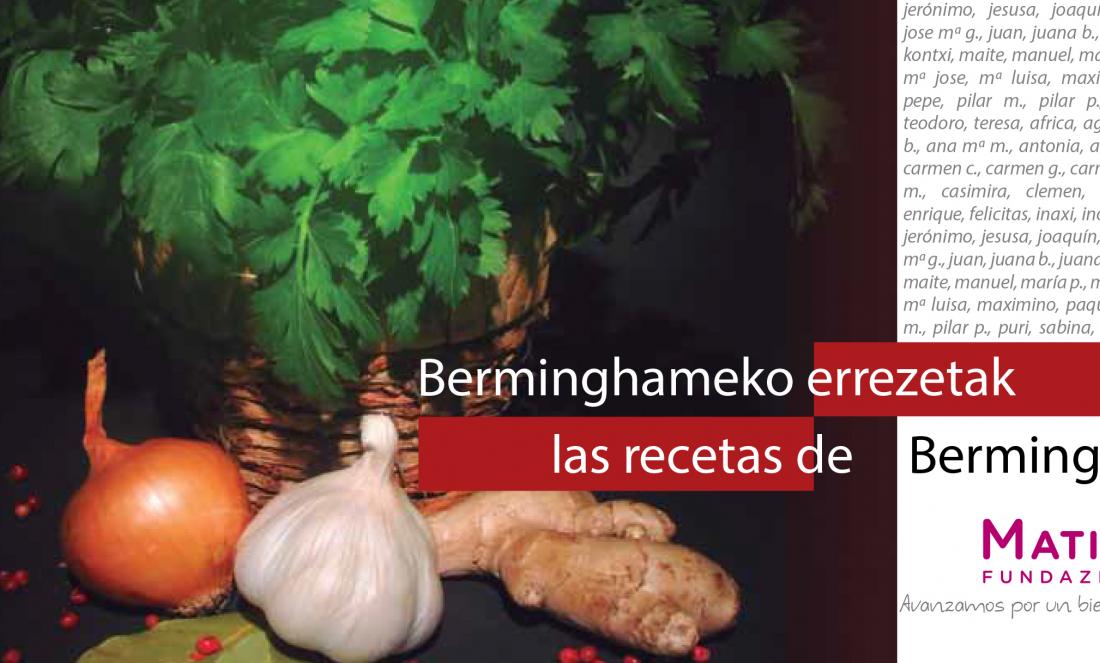
Life stories - Bermingham recipes
Today's entry is dedicated to the presentation of the cookbook "The Bermingham recipes", a book that we prepare in our Gerontology Centre in recognition of all the people who are part of it.
The idea of preparing the book was born from the person-centred model, which is based on the recognition of the dignity of every human being. The model reminds us that every person by the mere fact of being a human being deserves to be recognized and respected at all stages of life, including in old age, a time when plans for the future seem to be put aside.
This book is a way of highlighting the idiosyncrasies of each person and their biography, which allows us to connect present, past and future by continuing with our own life project.
The model also tells us that the activities we carry out should be meaningful, that they should be based on everyday life and be based on their life history. There are few things more significant than food and the memories that we associate with it, mostly of parties, celebrations, and, of course, the day-to-day life of a house.
We also want to recognise the role of family members, of the people with whom they have shared those meals and that wisdom. We would like this to be a beautiful memory of the people they love and of everything they have been taught, because through food we not only teach people to cook, but also to organise themselves, to be patient, to put love into what we do and to share.
This book aims to be a recognition of all those people who live in the Bermingham Gerontological Centre, a way of thanking them for all those moments lived around a table with a good meal. To the wisdom of our fathers, mothers, aunts and uncles, who have cooked for us so many times and who have taught us to enjoy eating, a way for those memories to be shared.
Finally, our heartfelt thanks to all the people who in one way or another have helped to make this possible.

Add new comment